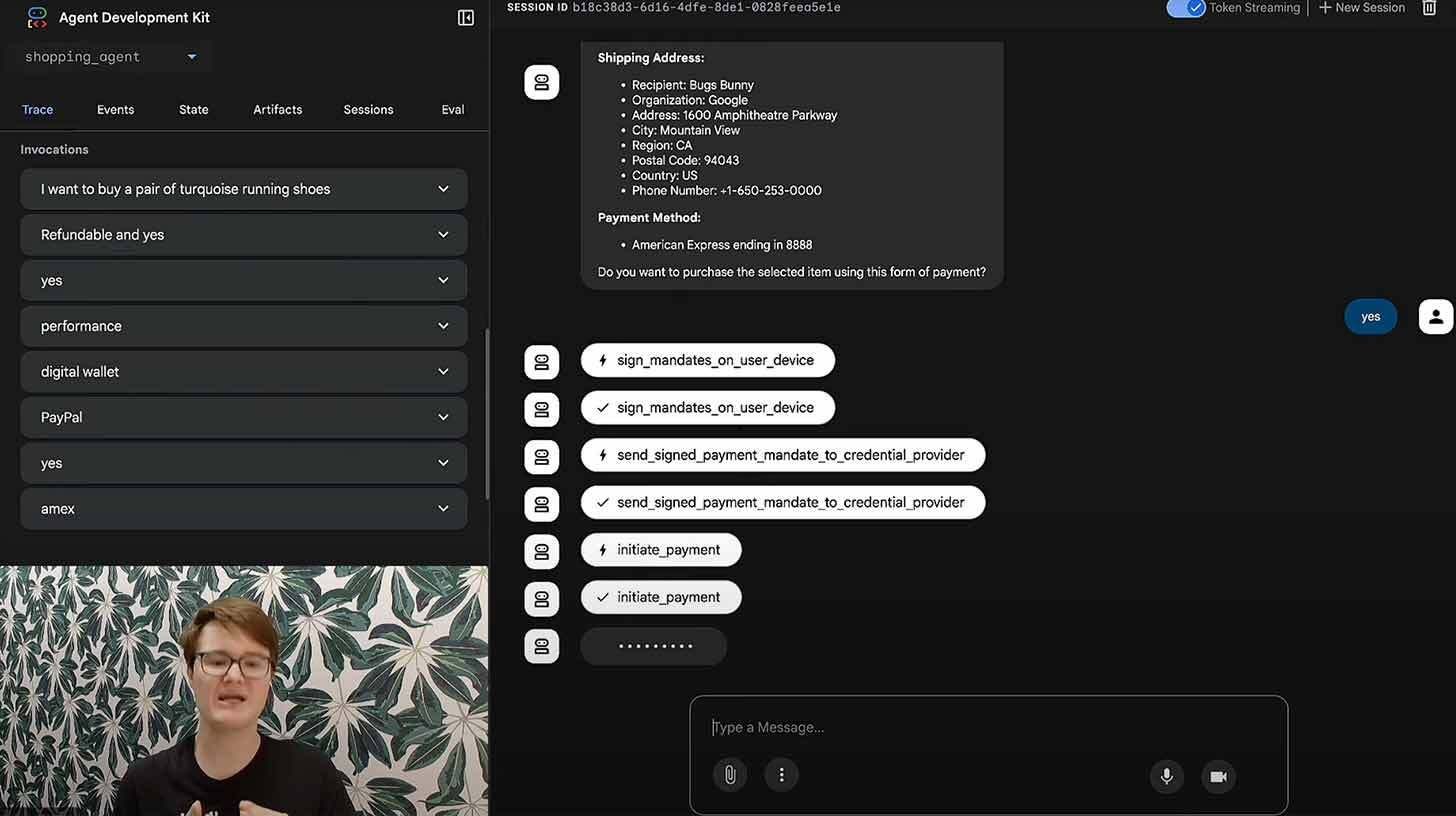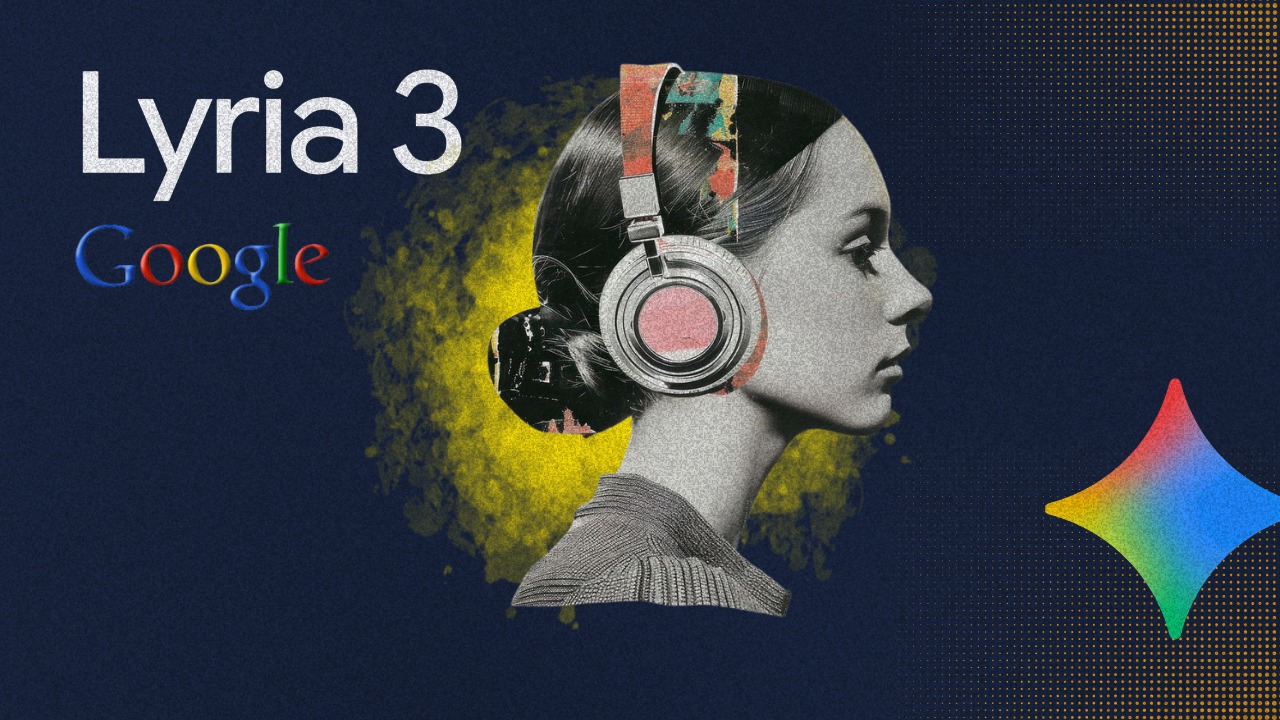
Welcome, Humans!
Ready for your daily dose of AI chaos? I’ve rounded up Today’s Top AI Headlines for those who like to stay ahead – and for the curious, I’ve got some eyebrow-raising stories Beyond the Headlines. Let’s dive in.
In a Nutshell:
Google launches AI agents that buy stuff for you
ChatGPT adds age checks and teen filters
YouTube drops 30+ AI creator tools
Disney sues Chinese AI firm over IP theft
Marble creates explorable 3D worlds from prompts
🚀Today’s Top AI Headlines:

Google’s AI Agents Can Now Make Payments: Google has unveiled the Agent Payments Protocol (AP2), a new system that allows AI agents to complete purchases and financial transactions for users. With AP2, AI can manage complex multi-step tasks such as booking flights and hotels, or even creating coordinated product bundles across different merchants. The protocol is designed to ensure transparency and security, with all transactions verified through cryptographically signed records that track user intent and authorization. Google has already secured the support of over 60 major merchants and financial partners, including Mastercard, PayPal, and American Express. This broad adoption signals strong industry confidence in AP2’s potential to standardize AI-driven commerce. The system could become a cornerstone of autonomous agent economies, where AI assistants not only recommend products but execute purchases directly on behalf of users. While the move promises convenience and efficiency, it also raises regulatory and consumer protection questions around accountability, fraud, and privacy. For now, Google’s AP2 sets the stage for a new era where AI agents act as both personal assistants and trusted shoppers, potentially transforming online commerce as we know it.
Source: Tech Crunch🤖 Robi: “Finally, an assistant that can buy your mom’s birthday gift and remember when it is.”
ChatGPT Adds Teen-Safe Mode & Age Detection: OpenAI has introduced a new suite of safety tools for teenagers using ChatGPT, following mounting concerns over the platform’s impact on young users’ mental health and ongoing lawsuits related to harmful content exposure. The system now includes age detection features that automatically recognize teen accounts, activating stricter safeguards. Teen-restricted versions of ChatGPT filter out explicit material, while a new set of parental controls gives families greater oversight of their children’s use. OpenAI says these updates reflect its responsibility to adapt AI tools for vulnerable users, especially as adoption among younger demographics grows. The company also partnered with child-safety experts to refine the filters and guidance features. The rollout comes as schools, parents, and regulators debate the role of AI in education and social development, with many calling for responsible guardrails. By combining parental involvement with technical restrictions, OpenAI hopes to strike a balance between accessibility and safety. Analysts suggest that these steps could also help the company defend itself in upcoming lawsuits and regulatory challenges. For teens, the changes aim to create a safer and healthier environment for learning, creativity, and exploration with ChatGPT.
Source: Wired🤖 Robi: “Great, now even the chatbot needs to card you at the door.”
YouTube Supercharges Creators With 30+ AI Tools: YouTube has released a massive update for creators, adding more than 30 new AI-driven features designed to streamline video production and boost engagement. Among the most notable is an auto-clipping tool that transforms long-form videos into ready-to-post Shorts, giving creators an easy way to expand their reach on the platform’s fastest-growing format. Another major addition is AI-powered dubbing, which supports lip-synced translations in over 20 languages, helping creators expand their global audience without expensive localization teams. The update also integrates Veo 3 Fast, Google’s production-ready video model, enabling creators to generate video snippets directly from text prompts. Other tools focus on workflow efficiency, from AI-assisted editing to content recommendations based on trending topics. YouTube’s strategy is clear: empower creators with AI productivity tools to keep pace with TikTok and Instagram Reels, both of which have been aggressively adopting AI features. Analysts say this rollout could reshape the creator economy, reducing barriers to professional-quality content while also fueling platform-wide competition for attention. For creators, it’s both an opportunity and a challenge, AI makes content easier to produce, but also raises the bar for originality and authenticity.
Source: Social Media Today
🤖 Robi: “Soon your cat video will dub itself in 20 languages and add dramatic background music.”
🔍Beyond the Headlines:
Disney, Universal, Warner Team Up to Sue Chinese AI Firm: Disney, Universal, and Warner Bros. have filed a joint lawsuit against MiniMax, a Chinese AI company accused of using copyrighted characters, including Marvel heroes, Star Wars icons, and Minions in its Hailuo model without authorization. The studios argue the AI-generated images and videos amount to large-scale IP theft, threatening their multibillion-dollar franchises. The case highlights escalating global tensions around copyright in generative AI.
Source: BloomBerg🤖 Robi: “Mickey just activated lawsuit mode. Someone’s about to learn the true power of the Mouse.”
New AI Turns Prompts into Fully Explorable 3D Worlds: World Labs has unveiled Marble, a beta AI model that transforms static images or text prompts into fully navigable 3D worlds. Unlike typical generative models, Marble produces clean, detailed geometry across multiple artistic styles, from hyper-realistic to cartoonish, making it versatile for a wide range of industries. Filmmakers, game designers, and VR creators are expected to be early adopters, using the tool to accelerate production and expand creative possibilities. Marble’s launch signals a significant step toward mainstream AI-driven world-building, where interactive virtual spaces can be designed at scale. Experts see it as a bridge between generative AI and immersive media innovation.
🤖Robi: “Imagine asking for a desk lamp, and getting a whole Pixar movie set instead.”
Source: WorldLab
🤖Prompt of the Day:
Corporate Performance Dashboard Design
Prompt: You are a performance management consultant specializing in executive reporting. Your task is to design a performance dashboard for a [business type or niche] to track [financial/operational/strategic goals].
Your framework should include: (1) selection of critical KPIs, (2) data integration from multiple systems, (3) real-time vs periodic reporting balance, (4) visualization and dashboard design principles, (5) executive communication alignment, and (6) metrics such as reporting accuracy, decision speed, and performance improvement rate.
🤖AI Tools You Didn’t Know You Needed:
Problem: Managing Kubernetes clusters and cloud-native applications manually is complex and error-prone.
AI Solution: AI-powered platforms simplify Kubernetes management, automate operations, and provide centralized control for efficiency and reliability.
AI Tool: Rafay is an AI-driven platform that helps users deploy, manage, and scale Kubernetes clusters across multiple clouds with automation and centralized governance.
Helpful Features
Cluster Management: Centralized control of multiple Kubernetes clusters.
Automation: Simplify deployment and operations tasks.
Monitoring & Analytics: Real-time visibility into workloads.
Security & Governance: Enforce policies and compliance across environments.

⚡ Robi’s Hot Take on X






